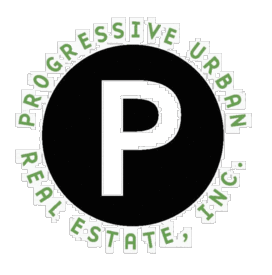By TOM HERMAN
Wall Street Journal, Sept. 19th 2010
Q: What are the chances that Congress will ease the rules on how long you have to own your home and live in it in order to qualify for the most favorable capital-gains tax treatment when you sell it?
—K.M., Prior Lake, Minn.
A: Slim to none. Naturally, anything is possible if Congress ever decides to overhaul the entire tax system. But don't count on that happening any time soon.
Even if lawmakers do consider major tax-law changes after the November elections or next year, don't expect them to ease the home-sale rules. I haven't heard any significant discussion of this issue among congressional leaders in many years.
Here is how the basic rules work: In the late 1990s, then-President Bill Clinton signed legislation that officials said at the time would eliminate capital-gains taxes for most people who sell their primary home for a profit. That legislation generally allowed most sellers to exclude a gain of as much as $500,000 (if married and filing jointly) or as much as $250,000 (if single).
To qualify for the full exclusion, you typically must have owned the home -- and used it as your primary residence -- for at least two of the five years prior to the sale. For more details, see IRS Publication 523 ("Selling Your Home") on the Internal Revenue Service website (www.irs.gov).
But don't assume you're out of luck if you can't meet the ownership and use tests I mention above. You still might be eligible for a partial exclusion that could greatly reduce -- or even eliminate -- capital-gains taxes on the sale of your primary home.
For example, you may qualify for a partial exclusion if you had to sell your home because of "a change in place of employment" or if you moved for "health" reasons. IRS Publication 523 has other examples.
Here is what the IRS says it means on the health issue: "The sale of your main home is because of health if your primary reason for the sale is: To obtain, provide or facilitate the diagnosis, cure, mitigation or treatment of disease, illness or injury of a qualified individual," or to "obtain or provide medical or personal care for a qualified individual suffering from a disease, illness or injury."
Conversely, the IRS says the sale of your home isn't because of health if the sale "merely benefits a qualified individual's general health or well being."
You also might qualify for a partial exclusion if you had to sell for certain "unforeseen circumstances," such as "natural or man-made disasters or acts of war or terrorism resulting in a casualty to your home, whether or not your loss is deductible."
Monday, September 27, 2010
Subscribe to:
Post Comments (Atom)

No comments:
Post a Comment